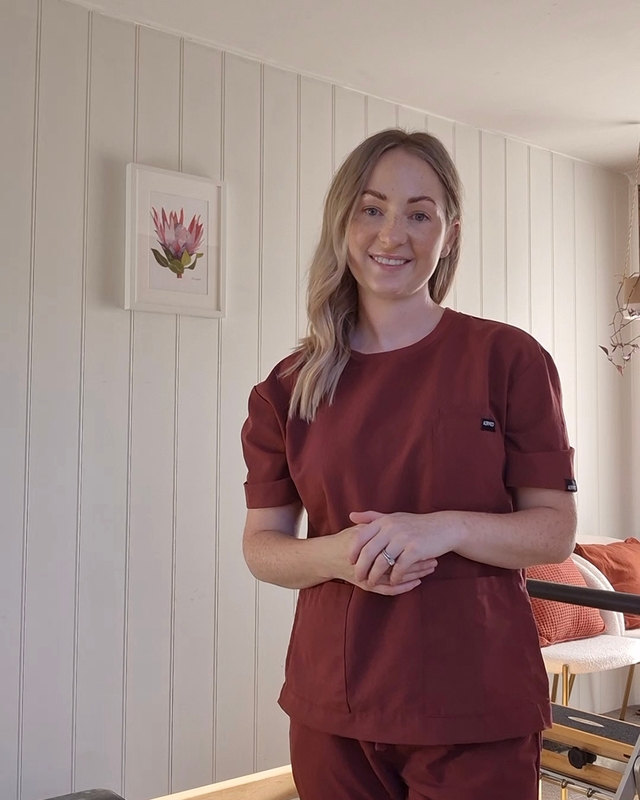Expectant mothers and healthcare providers have slammed the removal of bulk billing for pregnancy ultrasounds, but the federal government insists no changes have been made.
Women on the ground, like *Bella, report a different reality, saying many pregnancy scans are no longer bulk billed.
“I rang every ultrasound clinic from Pakenham to Narre Warren. It was taken off Medicare from the 1st of July,” the Pakenham resident said.
“I rang every clinic that showed up on google: I-MED, Capital Radiology, YPS imaging ect even Monash radiology.
With living costs soaring, mothers face an impossible choice between paying for vital scans or essential expenses like rent and food.
“Mothers shouldn’t be punished for having babies. It’s truly disgusting that Medicare has decided to now prey on vulnerable pregnant women in this economy knowing full well these scans are not optional,” Bella said.
Critics say the government is neglecting maternal care, pointing to recent child care abuse scandals and its own calls for a national baby boom.
“After the devastating child care incident, I would think the government would at least pretend to care about the current children and future generations,” Bella said.
Typically, pregnancies involve at least three routine scans, with some women needing more if carrying twins or having other risk factors.
A member of the Gippsland Mama Facebook group, who needed multiple scans, said she was fortunate the change came after her pregnancy.
“I found out during an ultrasound I had miscarried at nearly 12 weeks unknown to me, it was one of the most traumatic things,” she said.
“I can’t imagine if I’d then have to walk out and pay for that news, or for the follow up to check the surgery had been complete. We already do less than the bare minimum for women’s health.”
Others, like Katie Meyers, consider themselves lucky in a different way. Her first pregnancy scans were bulk billed and for her second, she has a full-time job that helps cover the cost.
“But it doesn’t help that it could be going towards things I need to buy for the baby. If I didn’t have this job there’s no way I could afford it,” she said.
Endorsed midwife Anita Wise confirmed that concerns had been raised about scan costs across both public and private clinics.
“My clients have definitely expressed concern about the cost of pregnancy scans, particularly the disparity between clinics,” Gippsland resident said.
“Many services are already charging out of pocket fees for ultrasounds in our area and these are usually hundreds of dollars each time. Removing bulk billing for those who can currently still access it (which in most situations has been only available to those with health care cards) will definitely add financial stress to an already overwhelming time for them.”
Wise warns that these changes are going to have a huge impact not only on antenatal care but birthing and postnatal care too.
“The ongoing effects may be that women present with issues such as bleeding or undiagnosed fetal complications because they weren’t able to afford some or all of their scans in pregnancy,” she said.
“They may delay seeking help due to concerns regarding costs. This will add greater pressure to the maternity system and lead to poorer health outcomes.
“The implications are far-reaching for so many; the family, the health professionals involved in their care, the health service and the public system overall.“
Midwife and nurse with 30 years experience, Lynne Stewart may need to spend more time educating clients about the importance of these exams and exploring alternative options for care.
“This change may lead to decreased engagement with antenatal care. Women might skip essential ultrasounds due to cost, which could result in complications going undetected,” the Pakenham resident said.
“Can also lead to anxiety about their pregnancy progress and overall health. It’s especially distressing for those already facing economic hardships.”
Gippsland Mama group argues “this isn’t a bulk billing issue but rather a fundamental issue with the MBS and the failure of successive governments to recognise, review and update the schedule fee for all items”.
Wise described the removal of bulk billing for pregnancy scans as part of a broader failing maternity care system.
“Fragmented care, lack of continuity, birth trauma, limited mental health support and no access to postnatal physiotherapy rebates are other issues I feel need to be addressed urgently,” she said.
“Maternal health is the crux of a community’s wellbeing. We need to do better at caring for the caregivers in our society as they are the ones raising the next generation.”
While some programs exist, both midwives agree the government must do more
“They should understand that investing in maternal health ultimately saves costs in the long run by preventing complications and ensuring healthier outcomes for mothers and babies,” Stewart said.
“There should be increased funding for maternal health services, expanded access to subsidised care, and greater support for low-income families would make a significant difference. The government should prioritise maternal health as a critical public health issue.”
Australian Government, Department of Health, Disability and Ageing spokesperson rejected these claims, saying “there have been no changes to bulk billing eligibility for pregnancy ultrasounds”.
“All ultrasound services remain eligible to be bulk-billed, and bulk billing incentives apply to all diagnostic imaging services for all patients, including those for pregnancy,” spokesperson said.
“While the Government sets Medicare rebate levels, diagnostic imaging providers determine their own fees and whether to bulk bill. These decisions are expected to take individual patient circumstances into account.
“The Government is committed to ensuring all women can access essential care. Broader reforms to strengthen Medicare and improve access are ongoing, including targeted investments in women’s health and increased bulk billing incentives for vulnerable Australians.”
Monash Health declined to comment, stating concerns about Medicare rebate changes should be referred to the Federal Government. Private clinic I-MED was also approached for comment.

















